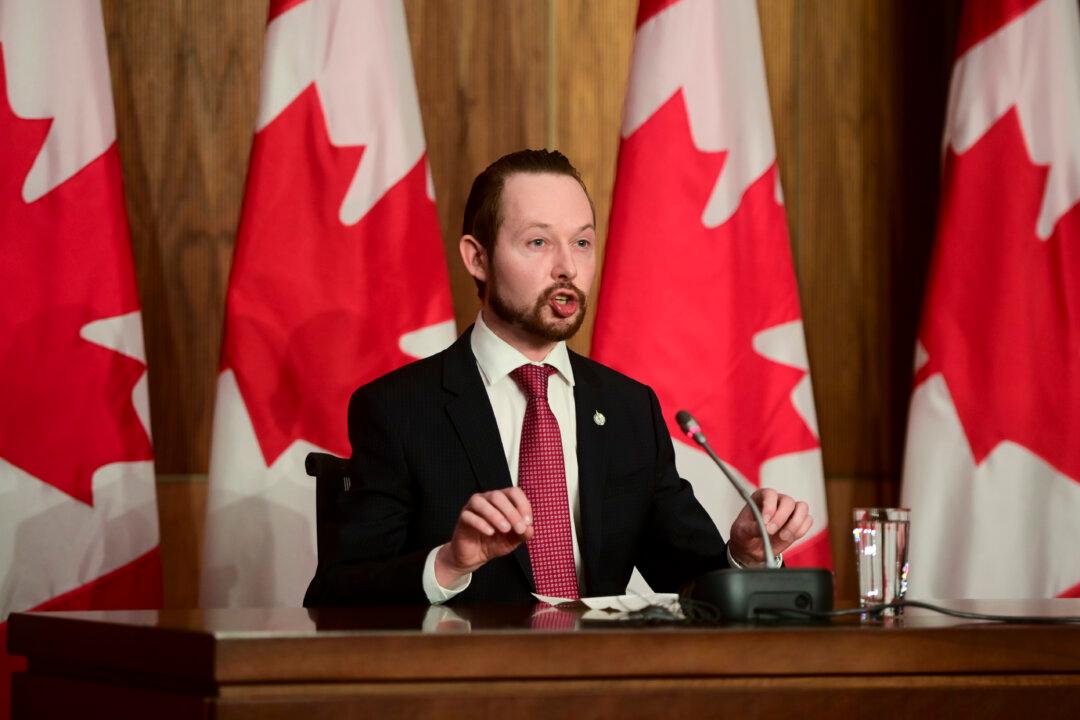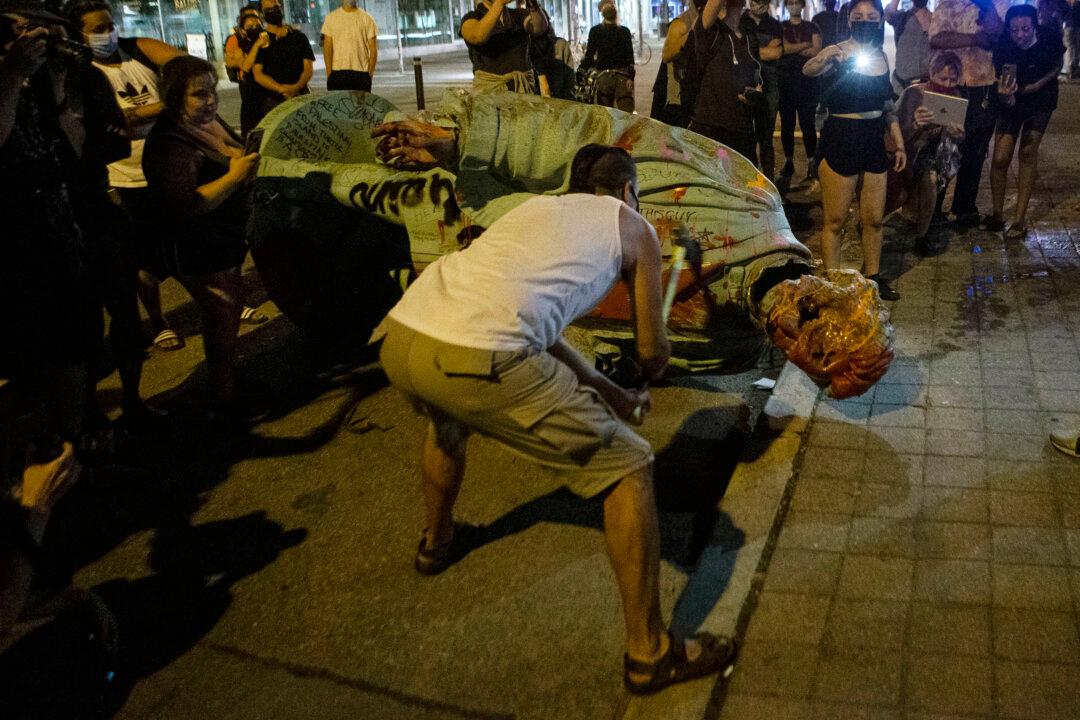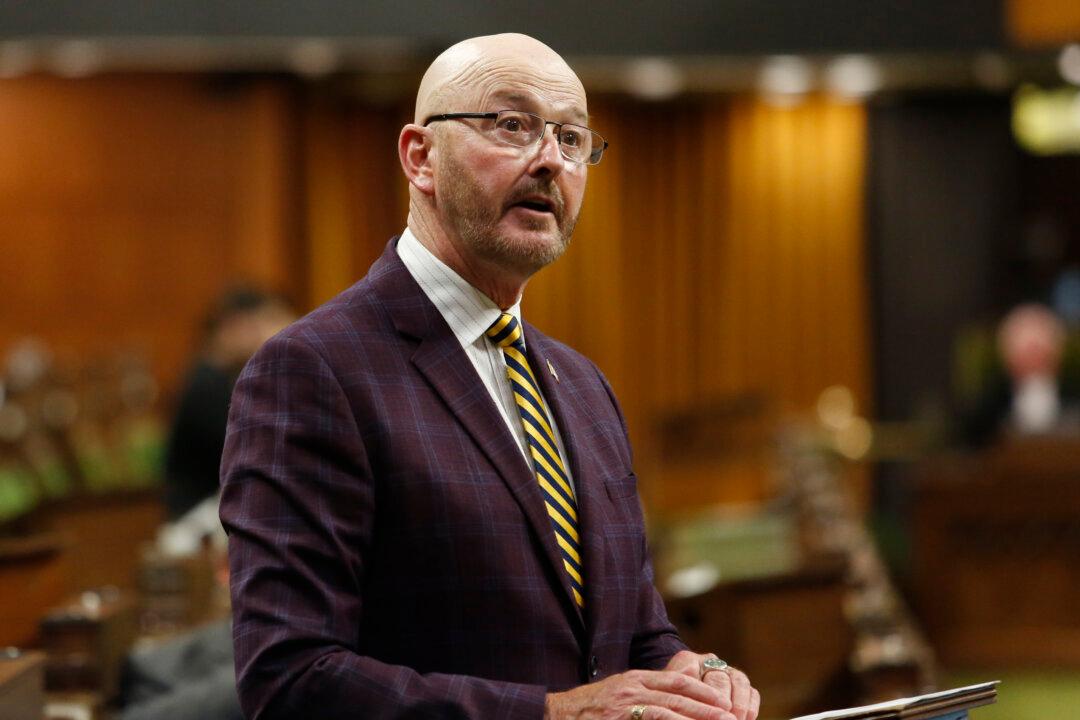An Ontario Provincial Police (OPP) officer who “went beyond the call of normal duty” to help aboriginal youth on a remote reserve in northwestern Ontario has won an award from the International Association of Chiefs of Police.
Sergeant Jeff Simpkins from the Aboriginal Policing Bureau received the award for his contribution to a unique OPP initiative designed to provide disadvantaged aboriginal youth with “a positive and culturally-relevant experience.”
Through the program, called North of 50 / COPS and KIDS, Sergeant Simpkins and mentors work with youth in the Ojibway First Nation community of Pikangikum, 100 kilometres northwest of Red Lake in northwestern Ontario.
“Part of the reason for selecting Pikangikum is that it’s a community that seldom gets anything that’s positive,” says Simpkins, adding that the reserve is “a community in crisis.”
Like a lot of northern aboriginal communities, Pikangikum has been plagued by suicide, especially among young people. In 2007, 12 of the 14 suicides in Pikangikum were committed by youths under the age of 21, the youngest being 12. In 2000 the reserve, which has a population of 2,400, was reported to have the highest suicide rate in the world.
“It’s very much known in the community about suicide,” says Simpkins. “The kids—just about every single one of them has been touched in some way by suicide, so we built in a component we call our ‘feelings and emotions teachings.’”
This includes an open dialogue session about suicide and who the children can or should turn to if they feel sad or feel like they might harm themselves.
“Eventually we have the kids actually talk to us and teach us about the things that they’ve gone through, so we run it in a way that we use a traditional healing circle format,” Simpkins says.
Sergeant Jeff Simpkins from the Aboriginal Policing Bureau received the award for his contribution to a unique OPP initiative designed to provide disadvantaged aboriginal youth with “a positive and culturally-relevant experience.”
Through the program, called North of 50 / COPS and KIDS, Sergeant Simpkins and mentors work with youth in the Ojibway First Nation community of Pikangikum, 100 kilometres northwest of Red Lake in northwestern Ontario.
“Part of the reason for selecting Pikangikum is that it’s a community that seldom gets anything that’s positive,” says Simpkins, adding that the reserve is “a community in crisis.”
Like a lot of northern aboriginal communities, Pikangikum has been plagued by suicide, especially among young people. In 2007, 12 of the 14 suicides in Pikangikum were committed by youths under the age of 21, the youngest being 12. In 2000 the reserve, which has a population of 2,400, was reported to have the highest suicide rate in the world.
“It’s very much known in the community about suicide,” says Simpkins. “The kids—just about every single one of them has been touched in some way by suicide, so we built in a component we call our ‘feelings and emotions teachings.’”
This includes an open dialogue session about suicide and who the children can or should turn to if they feel sad or feel like they might harm themselves.
“Eventually we have the kids actually talk to us and teach us about the things that they’ve gone through, so we run it in a way that we use a traditional healing circle format,” Simpkins says.




